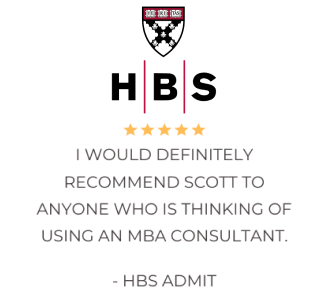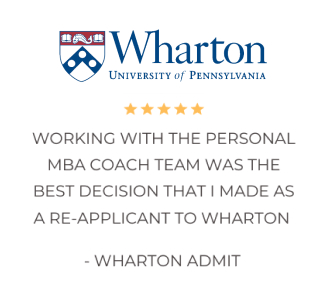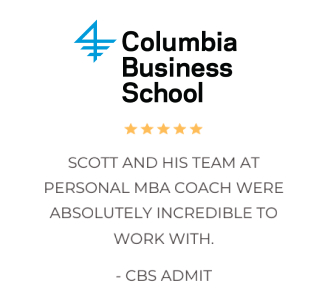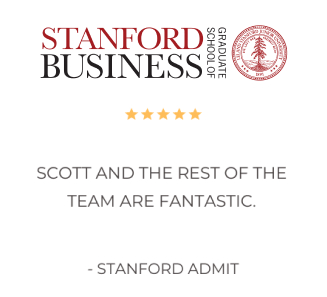If I think about the area in which my candidates often need the most help, crafting a winning personal story comes to mind first. Defining the story may be the hardest and the most important part of the application. I advise my candidates to start this process months, if not years, in advance! The good news? Everyone has a personal story, you may just need help figuring out how to make it shine.
So, what should you include in your personal story? This will differ for every candidate but across the board I can tell you, NOT EVERYTHING!
No one wants to read a long explanation detailing a chronological flow of your life. Instead, you must be focused, logical and unique.
This is also not the time to tell the admissions committee what you think they want to hear.
I have just returned from the 2018 Association of International Graduate Admissions Consultants (AIGAC) conference with Admissions Directors from 25+ top MBA programs including HBS, Stanford, Booth, Kellogg, Wharton, Ross, Sloan, Yale, Darden, Fuqua and many others and this was a key point of discussion.
The most successful candidates do not always write essays about overcoming a horrible tragedy or solving world hunger. Sure, if you have done something impressive or triumphed over a difficult situation, include it if it fits with your story. But you can also write compelling essays without this.
When I meet with a new candidate, I start by asking a lot of questions. We talk about everything the applicant has done, often starting from childhood. I advise you to start with a similar process.
-
Make a list of everything you have done in your life and take the time to write it all down. Think carefully about the decisions you have made, activities you enjoy and most importantly, why you made those choices.
-
Think about your future goals. What do you want to do after you earn your MBA and again, why?
-
Next, look for a theme! What single idea connects these together? This is the hard part, so give it time.
Here is an example: I had a candidate (accepted to an M7 school last year) whose passion for education began as a result of a family tragedy. Instead of centering his essay on his misfortunes, however, he barely mentioned the tragedy in his essay as frankly it did not really say anything about him. Instead, he focused on what he did in the face of this situation. He shared his penchant for education starting at a young age. All of his extracurricular activities, past career choices, and future aspirations laddered up to this. Sharing these highlights led to a compelling statement. His application strength didn’t come from his career successes but from how his essays were focused, his personal and professional moves were logical, and his career path was somewhat unique.
Business schools want to know how you will make the business world (and the world more broadly) better when you leave their campuses. They also want to know how you will leave a unique mark.
Past behavior is the best predictor of the future and we have all left a mark somehow or another. No candidate is ever perfect; instead, we chart the best course we can with the hand we are dealt. The best personal statements show this. Crafting a personal statement is not easy and Personal MBA Coach is here to help!
If you would like individual and personal application support, please find information about Personal MBA Coach’s comprehensive packages or contact me to discuss your profile as well as how I can help! As a Wharton and MIT graduate, I regularly help many applicants navigate their applications each year. We also conduct mock interviews and have former top 10 interviewers on our team.
Email me at: scott@personalmbacoach.com or call +1 617-645-2424 today.



















